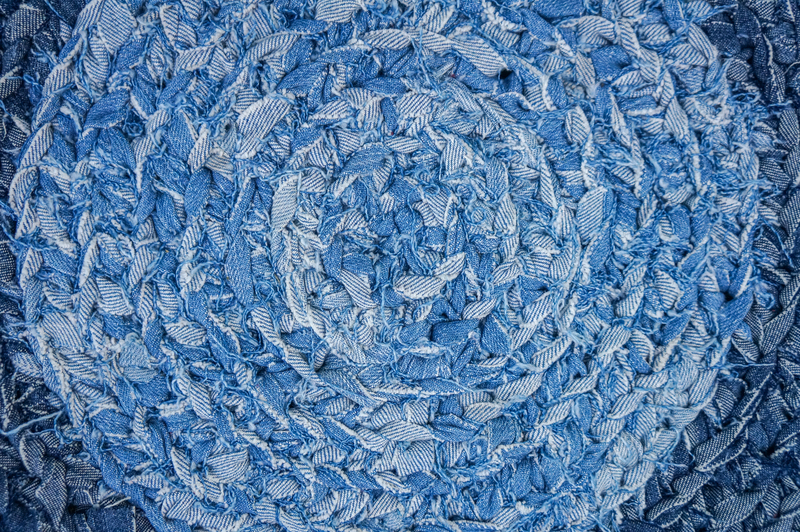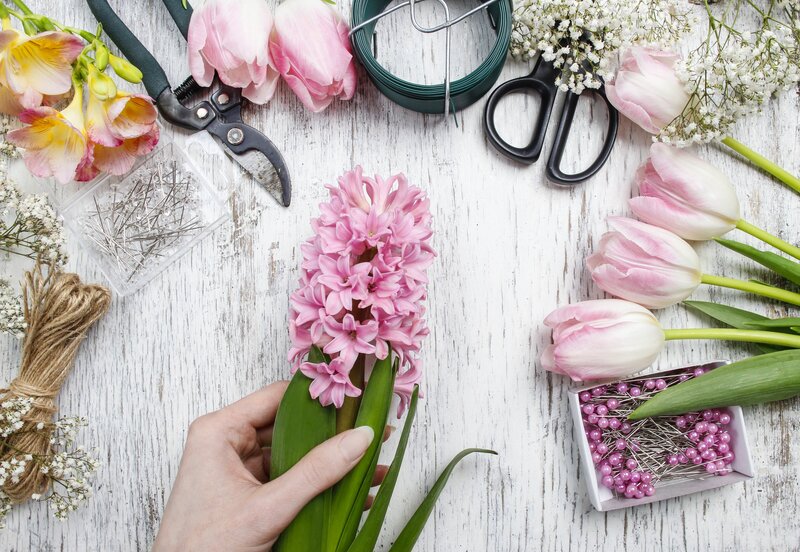Transform Discarded Objects into Stunning Art and Functional Pieces
In a world where sustainability and creative expression are becoming increasingly intertwined, the art of turning trash into treasure has never been more popular. Transforming discarded objects into stunning art and functional pieces not only promotes environmental consciousness but also leads to the creation of unique, one-of-a-kind works that add character to any space. This comprehensive guide will explore innovative ways to repurpose, upcycle, and breathe new life into items that might otherwise end up in landfills.

Why Transform Discarded Objects?
Upcycling and creative reuse are more than just trends--they are key contributors to a circular economy that helps preserve our planet's precious resources. Here's why repurposing discarded materials into stunning art and functional pieces is important:
- Reduces waste: Every object saved from the landfill lessens our environmental footprint.
- Inspires creativity: Working with unconventional materials challenges artists and creators to think outside the box.
- Saves money: Repurposing old items can lead to beautiful results with minimal investment.
- Promotes sustainability: Encourages a mindset of conservation and resourcefulness.
- Personalizes spaces: Handcrafted, upcycled pieces add a unique flair to your home or workspace.
Getting Started: Sourcing Discarded Objects
Before you begin your journey to create art from discarded objects, you need to know where to find these forgotten treasures. Here are some great sources:
- Thrift stores and flea markets
- Garage sales and yard sales
- Construction site leftovers
- Old furniture and appliances
- Recyclable centers and scrap yards
- Your own attic, basement, or garage
- Community swap events
Creative Ways to Transform Discarded Items into Art
1. Repurposed Wall Art
Old window frames, scrap metal, and wooden planks can be turned into striking pieces of wall art. Arrange the items in geometric patterns, paint them for a pop of color, or leave them in their rustic state for a vintage aesthetic. Even discarded CDs or vinyl records can be transformed into dazzling mosaics or abstract art installations.
2. Sculpture From Scrap
Many renowned sculptors use salvaged materials as the basis for their works. Gather nuts, bolts, wire, and old tools to craft imaginative figures, animals, or abstract shapes. Welding pieces together can create dramatic outdoor sculptures, while glue and wire can join lightweight items for indoor display.
3. Textile Art and Fashion
Transform worn clothing, fabric offcuts, and even plastic bags into functional art with sewing and weaving. Patchwork quilts, tote bags, or even intricate tapestries can be constructed from what would otherwise be textile waste. Explore the art of plarn--yarn spun from plastic bags--for eco-friendly crochet projects.
4. Mosaic and Collage
Broken dishes, discarded tiles, glass shards, and old magazines are perfect for making colorful mosaics and collages. These media can be used to decorate tabletops, mirrors, garden stones, and more. The contrasting textures and colors make each piece a one-of-a-kind masterpiece.
Functional Pieces: Giving Discarded Objects New Purpose
1. Furniture Restoration and Reinvention
Breathe new life into battered furniture by refinishing, painting, or reimagining its use. Some ideas include:
- Turning ladders into bookshelves or towel racks
- Converting old trunks into coffee tables or storage benches
- Repurposing doors as dining tables with the addition of sturdy legs
- Reupholstering worn chairs with modern fabric scraps
2. Lighting Solutions
Lighting is a wonderful avenue for upcycling creativity. Try these projects:
- Mason jar pendants: Old jars can become beautiful hanging lights with inexpensive fixtures.
- Colander lampshades: Metal kitchenware offers a quirky--and functional--alternatives to standard shades.
- Bottle lamps: Glass wine and liquor bottles make elegant table or floor lamps after basic wiring.
- Candelabras from scrap metal: Welded pieces and old cutlery can form striking candleholders.
3. Garden Decor and Planters
Transforming discarded objects into stunning garden features is easier than you might think. Use:
- Tires painted for flower beds
- Broken teapots as whimsical planters
- Wooden pallets for vertical gardens
- Old boots or shoes for quirky displays
- Bicycle wheels as trellises or art pieces
4. Household Organization Hacks
Discarded materials are perfect for creating organizational systems. Try:
- Drawers from broken furniture as under-bed storage
- Glass jars for pantry or craft supplies
- CD racks as file or mail organizers
- Industrial reels as cable storage solutions
Tips for Success: Turning Trash into Treasure
To successfully transform discarded objects into functional pieces and stunning artworks, keep the following in mind:
- Start small. Begin with simple projects to build your skills and confidence.
- Embrace imperfections. The character of upcycled pieces often comes from their flaws and history.
- Learn basic DIY techniques. Skills such as sanding, painting, drilling, and simple wiring can open up a world of possibilities.
- Think outside the box. Ask yourself: What could this become? Don't be afraid to experiment.
- Stay safe: Wear protective gear and use tools responsibly, especially when cutting, welding, or handling old paints or finishes.
- Collaborate and share. Join local upcycling groups or online communities to exchange ideas and inspiration.
Creative Project Ideas: Step-by-Step Guides
The Suitcase Side Table
Materials Needed:
- Vintage hard-shell suitcase
- Four wooden table legs (with mounting plates)
- Screwdriver and screws
- Clean the suitcase thoroughly and reinforce any weak areas.
- Mark and attach the mounting plates for the legs on the suitcase's base.
- Screw in the table legs securely.
- Optional: Add a glass or wooden top for extra stability.
Repurposed Bottle Vase Lamp
Materials Needed:
- Empty wine or liquor bottle (cleaned, labels removed)
- Bottle lamp kit (easily available online or at hardware stores)
- Lampshade
- Decorative stones or sand (optional, for extra weight)
- Follow the bottle lamp kit instructions to safely drill a hole for the cord if needed.
- Insert the lamp socket and wiring.
- Fill the bottle base with stones or sand for stability, if desired.
- Attach the lampshade, and your new lamp is ready to shine!
Pallet Coffee Table
Materials Needed:
- One or two wooden pallets
- Sandpaper or electric sander
- Four caster wheels
- Screws and drill
- Paint or wood stain (optional)
- Sand the pallet surfaces to remove splinters and rough edges.
- Stack two pallets if you want a thicker table and screw them together.
- Attach caster wheels to the corners for easy movement.
- Paint or stain the table, if desired, to fit your decor style.

Famous Artists and Movements: Inspiration from the Masters
You are not alone in seeing potential in what others overlook! Here are a few movements and artists known for transforming waste into wonder:
- Pablo Picasso: One of the first to include found objects in artwork (his "bull's head" from a bicycle seat and handlebars is iconic).
- Louise Nevelson: Crafted enormous sculptural reliefs from discarded wood pieces.
- Vik Muniz: Uses trash from landfills to compose large-scale photographic works.
- Jean Tinguely: Built whimsical kinetic sculptures from scrap metal and mechanical parts.
- The Arte Povera Movement: Italian artists using simple, everyday materials--often discarded--as powerful social commentary.
Conclusion: The Beauty of Upcycling and Creative Reuse
Transforming discarded objects into stunning art and functional pieces is more than a trend--it's an environmentally responsible, cost-effective, and personally rewarding practice. With imagination and some basic DIY skills, you can create unique pieces that tell a story and make a difference.
Whether you are making a quirky lamp from old bottles, a garden sculpture from scrap metal, or an exquisitely revamped coffee table from pallets, your work contributes to a more sustainable, beautiful, and thoughtful world.
Embrace the endless possibilities. Look at the next discarded item in your home or community--and ask yourself: What can this become?
